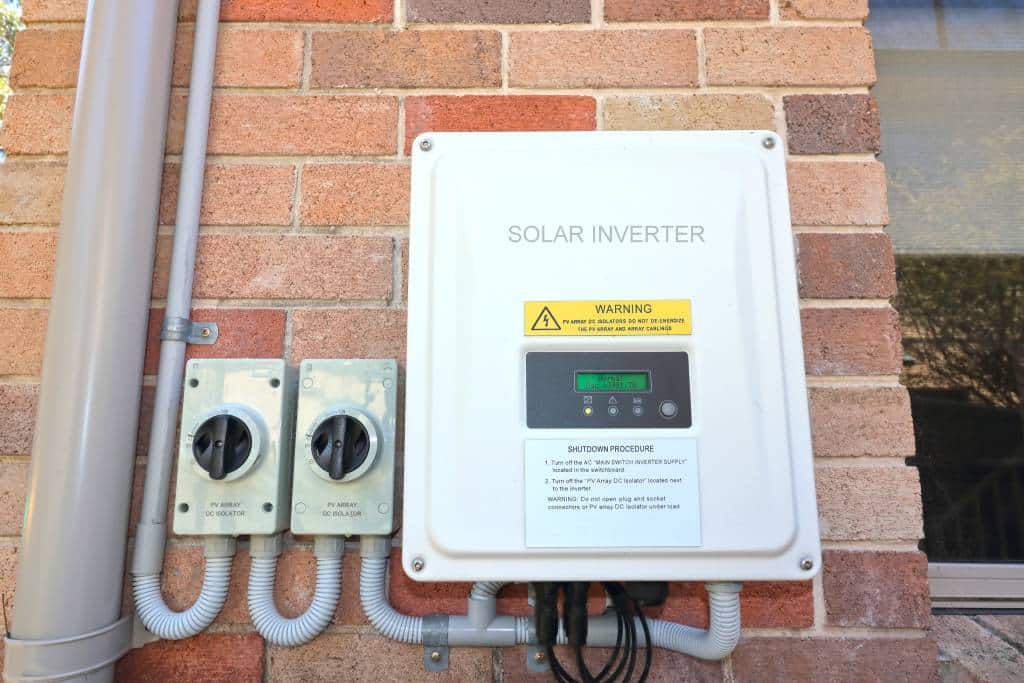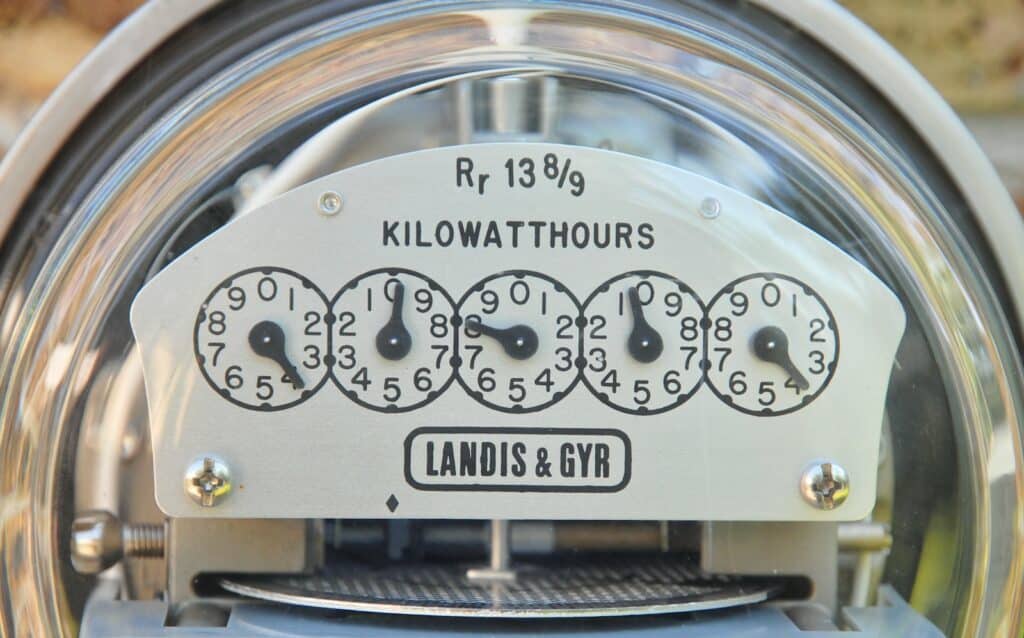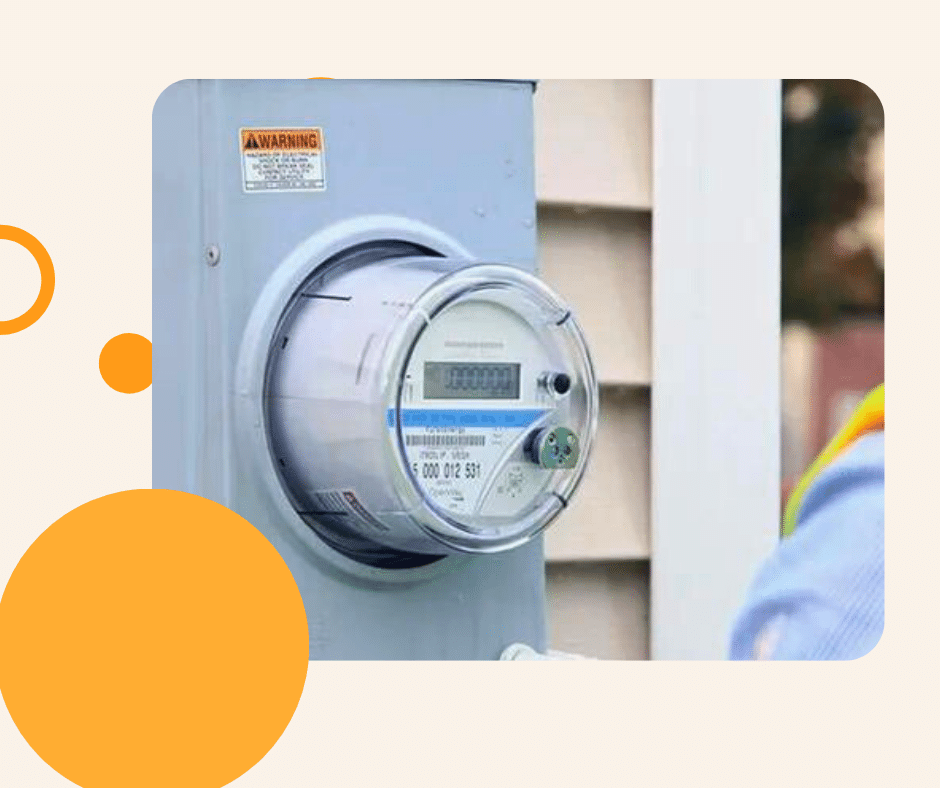As interest in renewable energy sources like solar power surges, understanding net metering becomes crucial. This system allows users to generate their own electricity and sell excess power back to the grid, revolutionizing energy consumption patterns.
In this blog, we’ll explore the essence of net metering, its mechanisms, and why it’s vital for sustainable energy futures. From economic benefits to environmental impacts, we’ll uncover how net metering empowers individuals and communities. We’ll also address challenges and offer solutions, aiming to illuminate the transformative power of net metering in our quest for cleaner, more resilient energy systems.
Join us on this journey toward a brighter, more sustainable future.
What Is Net Metering?
So, let’s get to the million-dollar question: what is net metering? It’s time to break down how this exciting tool works and what it can bring to your home.
Definition and Concept
The basic premise behind net metering is that your system utilizes a bidirectional usage meter (or two unidirectional meters that effectively do the same thing) – meaning it runs backward or forward depending on whether you’re using energy from the grid or providing power to it. At the end of the month, you pay for the net total energy consumption.
However, don’t expect to receive a check from the power company for producing more energy than you consumed. Your bill will be significantly lower (if not zero), but most states have regulations against building systems offsetting more than 100% of your average usage. And even if you did, it’d just be a bonus for the grid and community and a bill-free month for you.
How it Works
To benefit from solar net metering, your system must be connected to the grid. At night, on cloudy days, and in darker months, your panels won’t be able to generate all the power you need, so you’ll have to use the power company’s electricity.
Then, during peak solar hours, you can sell your excess energy at the same rate per kilowatt hour, effectively turning back your net meter. All you pay is the difference!
Components of a Net Metering System
Now let’s take a look at what net metering solar systems are made of. They’re pretty simple, boiling down to three main parts: the solar panels, inverter, and utility meter.
Solar Panels

Solar panels convert sunlight into electricity. They are arranged in groups called arrays or systems and utilize photovoltaic (PV) cells which produce excited electrons when exposed to sunlight. Those electrons then flow through circuits that turn them into direct current (DC) electricity.
Inverter

Next, the DC electricity flows to the inverter, where it’s converted to alternating current (AC), which is compatible with the commercial grid and all the related components. You’ve officially turned rays of sunshine into the same stuff supplied by the grid!
Utility Meter

Most net metering programs utilize a bidirectional utility meter, meaning electricity can flow through it in both directions. When your system is producing energy and sending power to the grid, your meter runs backward, lowering your bill. When electricity is flowing from the utility grid into your home, it does the opposite.
Advantages of Net Metering
The invention of net energy metering was a game-changer for renewable energy. Not only did it make solar energy an affordable option, but it’s an overall benefit for the health of the power grid and the planet as a whole, as well!
Economic Benefits
- Cost savings for consumers – Obviously, one of the most exciting features of net metering is all the money you’ll save on energy costs! If you’re left with any monthly bill at all it’ll be substantially smaller.
- Increase the value of your home – Having solar on your roof also increases the value of your home. Who wouldn’t want to live somewhere with such cheap utilities?
Environmental Benefits
- Reduction in greenhouse gas emissions – Switching to a solar net metering program is also good for the soul! Harnessing clean energy from the sun doesn’t contribute to harmful greenhouse gas emissions and global warming.
- Promotion of renewable energy adoption – When people see how awesome your house looks with solar panels on the roof, or hear about your incredible savings, they’ll want one too. Next thing you know, you’ve contributed to a chain of renewable energy adoption!
- Contribution to sustainability goals – The utilization of renewable energy is a huge step towards helping this planet move towards a more sustainable future.
Grid Benefits
- Load balancing – Net metering reduces the chances of problems like rolling blackouts and other outages because while some households are using power, others are producing it, bringing stability to the grid.
- Peak demand reduction – During peak demand hours, net metering households are pumping electricity into the grid, lowering the chances of the utilities being overloaded when people are using the most power.
- Grid resilience enhancement – Net metering programs benefit the overall health of the grid by providing a wide distribution network of additional power sources that help support aging and overstressed systems. Power is coming from lots of spread-out smaller providers rather than a few central utility stations.
Challenges and Solutions
Of course, it can’t all be sunshine and rainbows (pun intended)! The solar industry – and net metering, specifically – have run into some challenges and controversies as well.
Net Metering Policy Debates and Controversies
- Utility concerns and opposition – Utilities have always been threatened by net metering. Despite the benefits to the overall health of the grid, solar net metering programs lower customers’ bills which hurts their bottom line.
- Regulatory uncertainties – In states like California, Florida, and North Carolina these policies are being hotly debated with the future of affordable renewable energy hanging in the balance.
- Fairness and equity issues – Utilities and some community groups argue that current policies unfairly shift costs from those who can afford solar onto those who can’t. The utilities want to add charges to solar users to make up for lost revenue. Otherwise, they claim they must raise rates overall, which disproportionately affects non-solar users.
Potential Solutions and Improvements
- Policy reforms and updates – The solar industry got some good news in Florida when Gov. Ron DeSantis vetoed a utility-written policy that would have hurt the growth of renewables in the state. Similar fights continue across the country.
- Technological advancements – As batteries and renewable energy storage systems improve over time, customers may have the option to disconnect from the grid entirely if local utilities don’t want to play nice. Photovoltaic systems will only get cheaper, stronger, and more efficient with time too.
- Collaboration between stakeholders – Regulatory agencies are also searching for new and creative ways to continue to promote solar energy and other renewable resources without using net metering.
Net metering has played a pivotal role in making residential solar energy affordable and obtainable to the masses over the past decade and it will remain an important tool for the foreseeable future.
Solar power isn’t going anywhere. It just gets more efficient, more affordable, and more exciting by the day!





